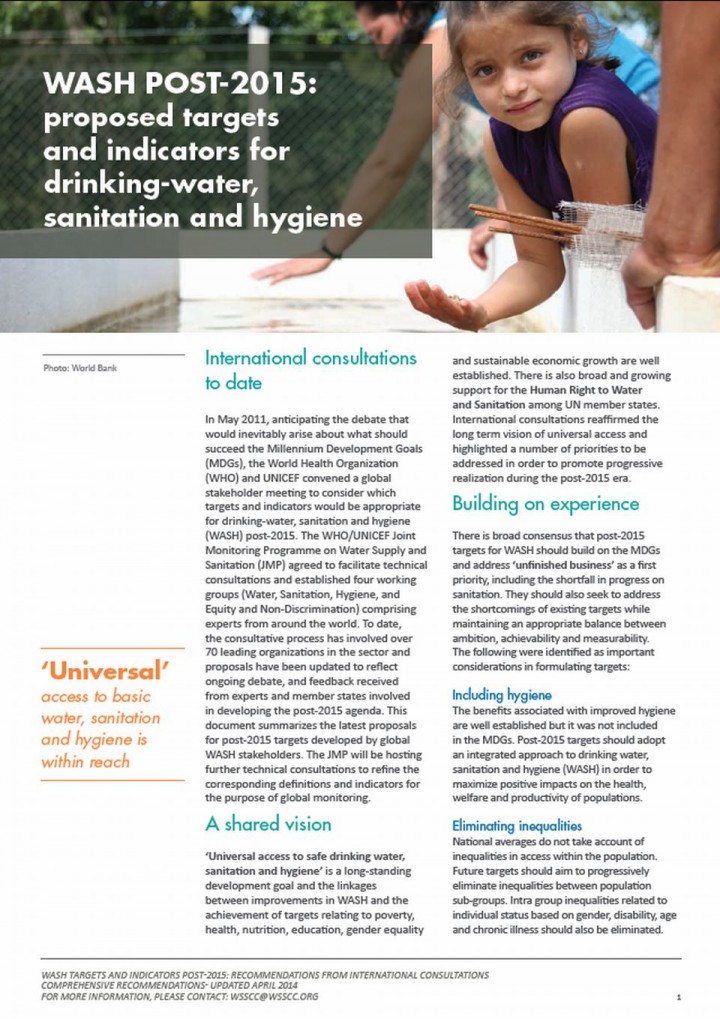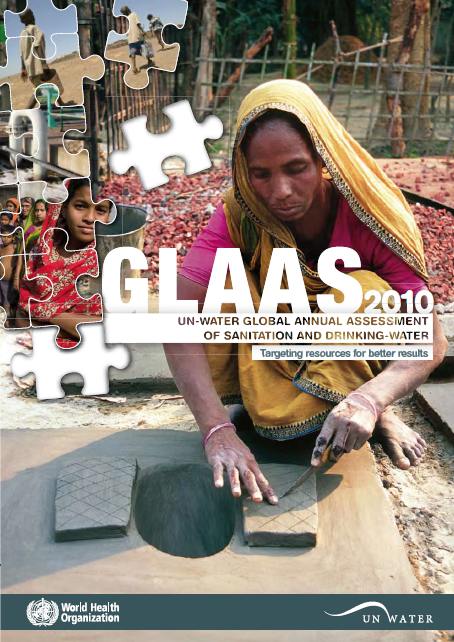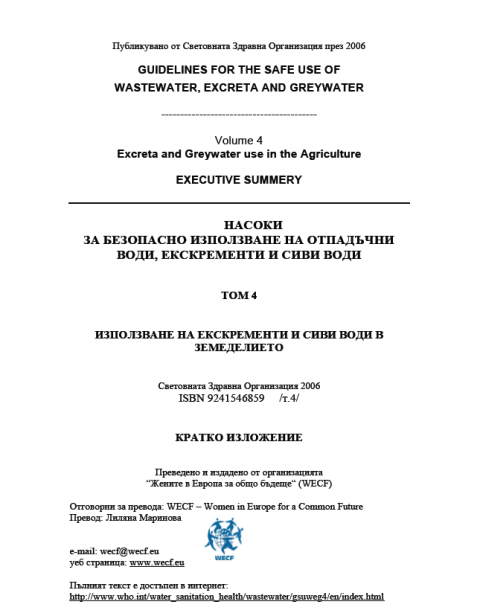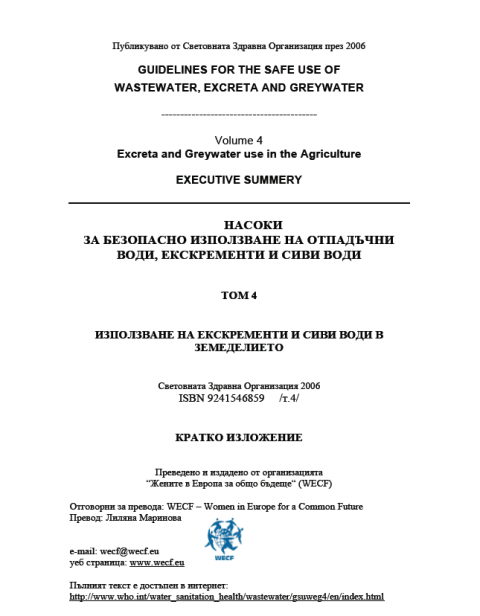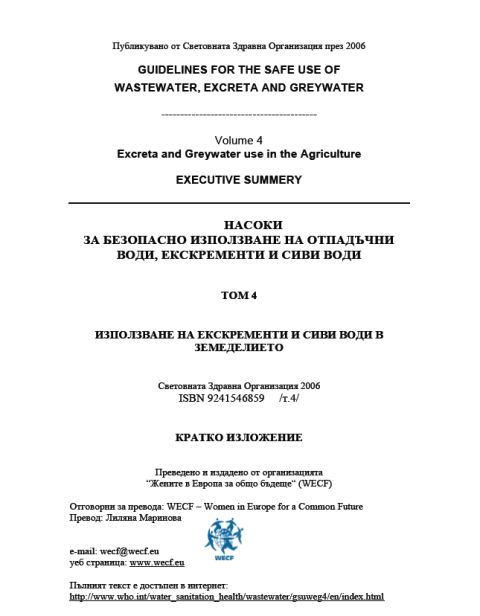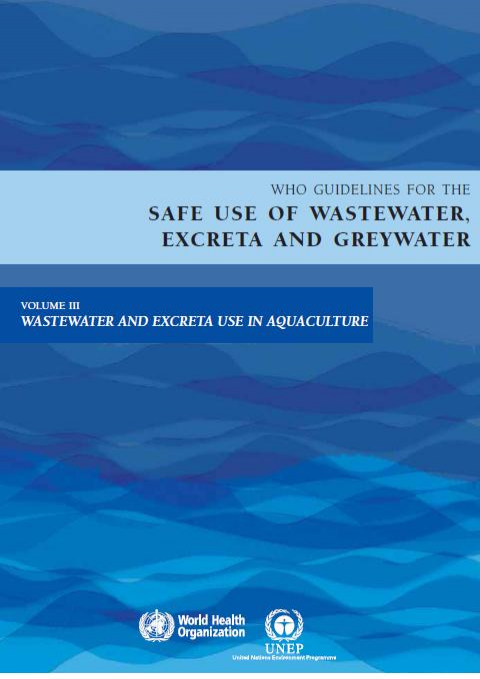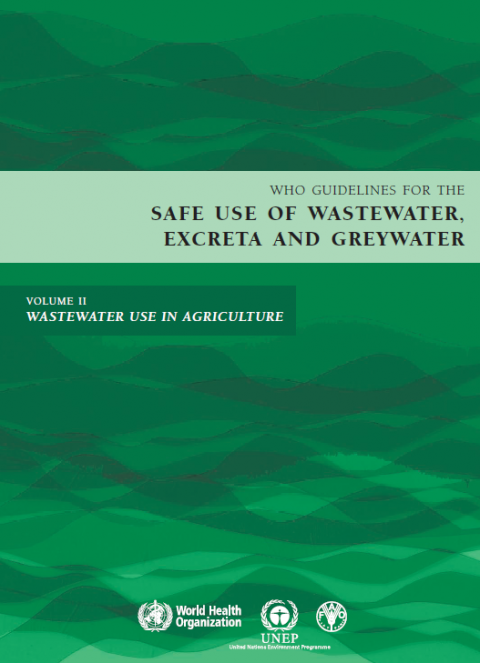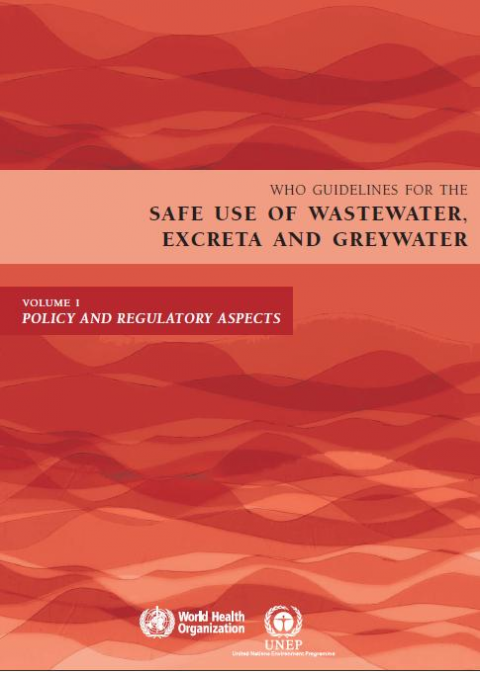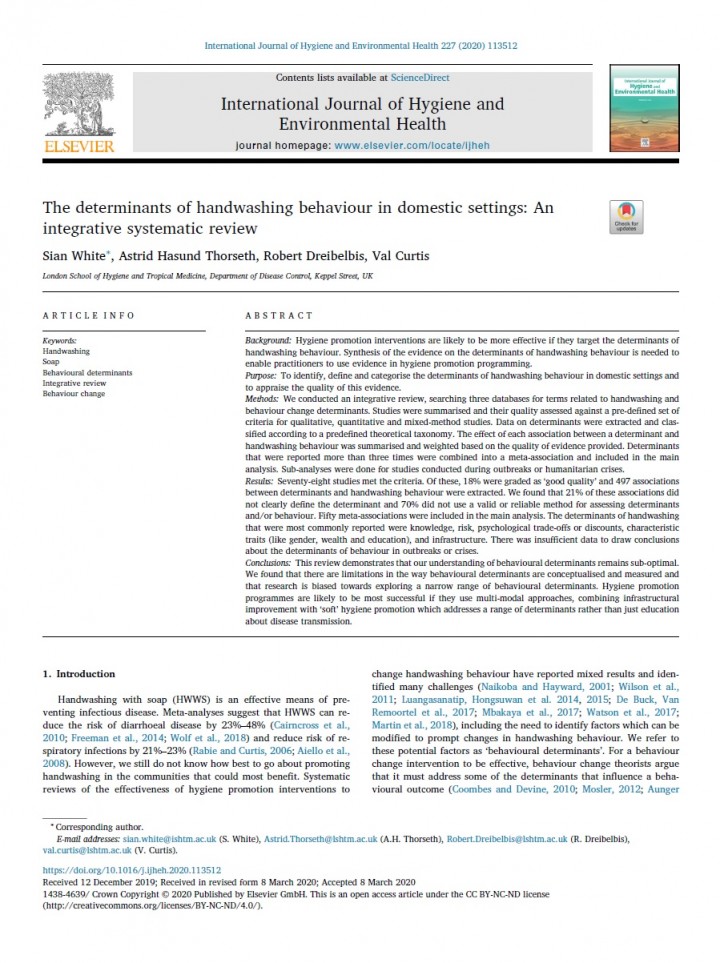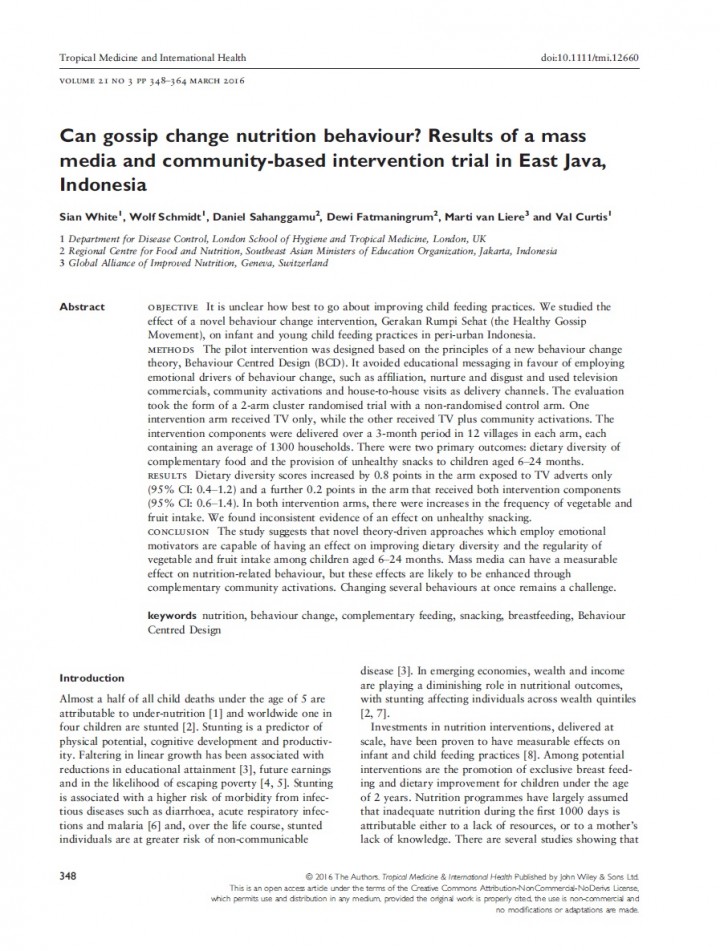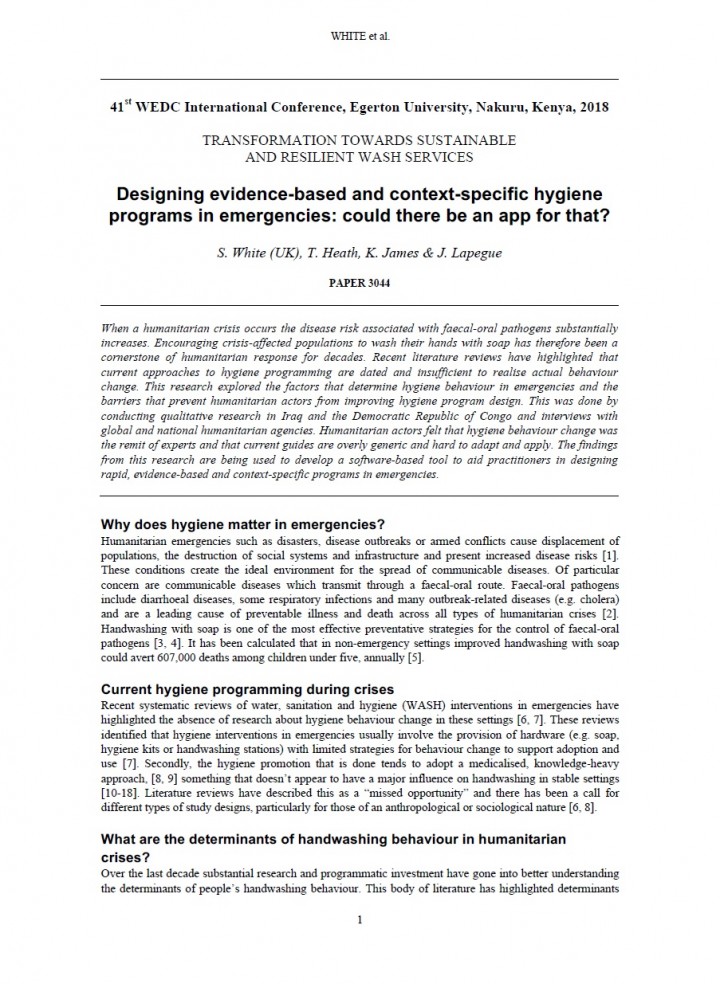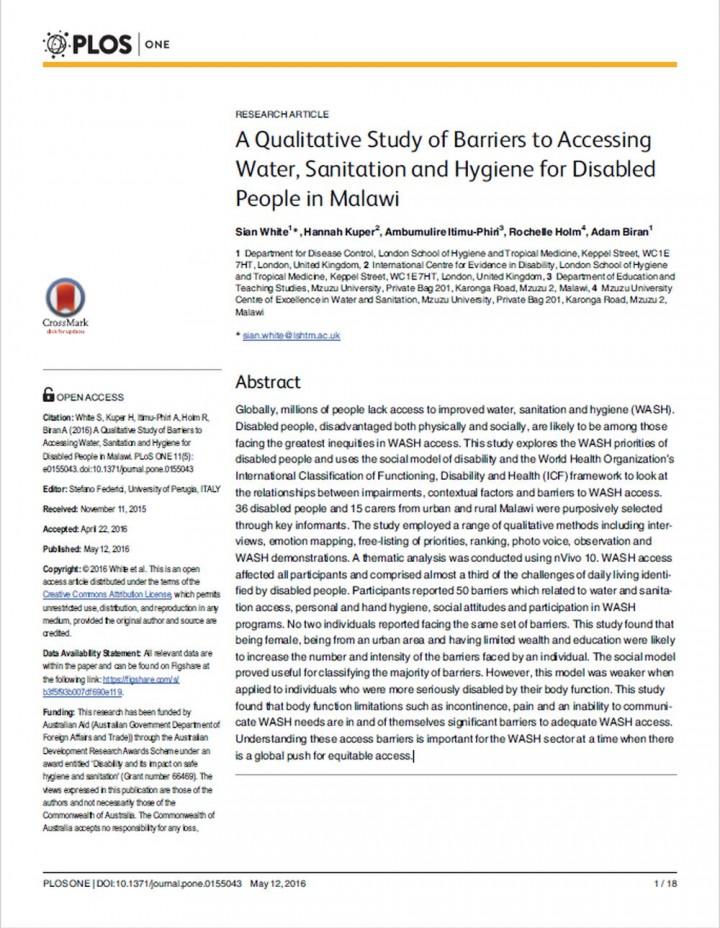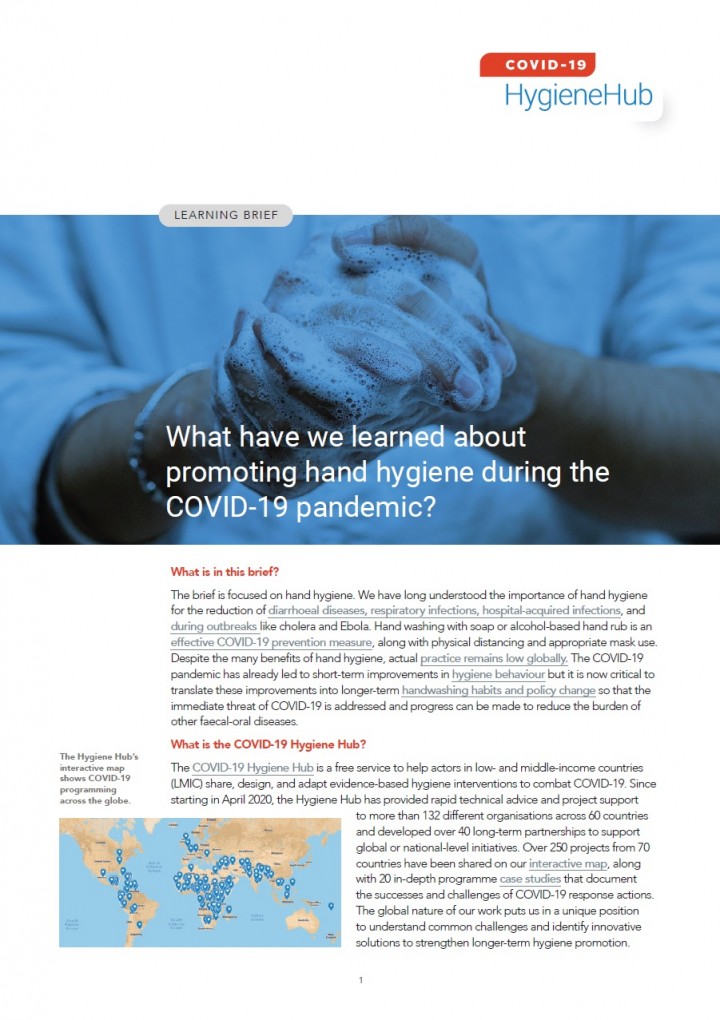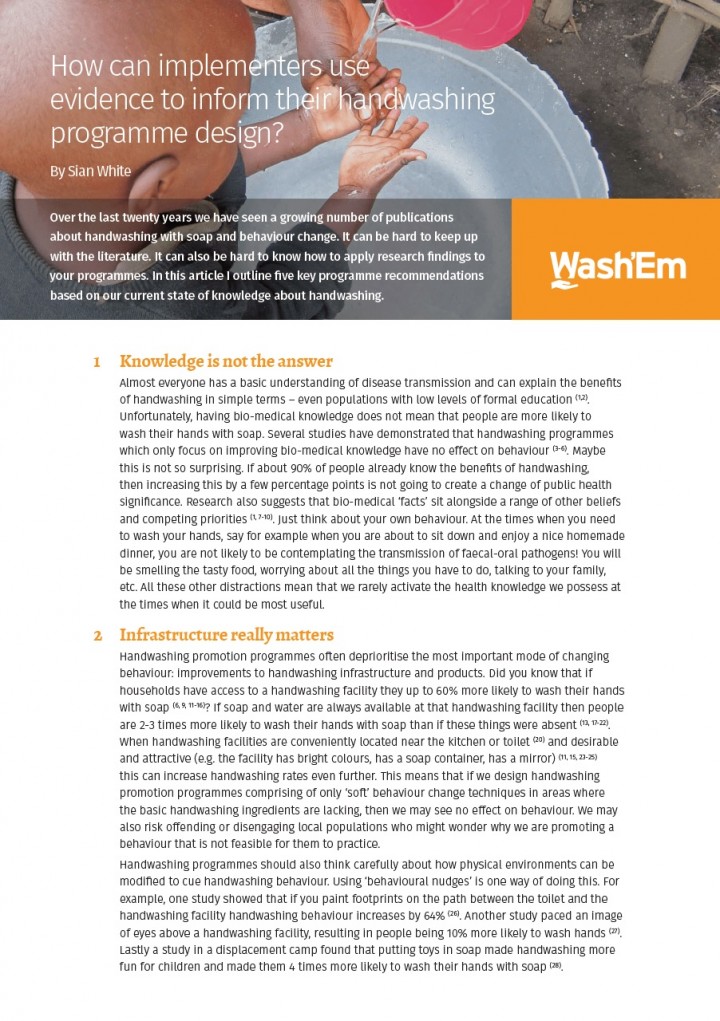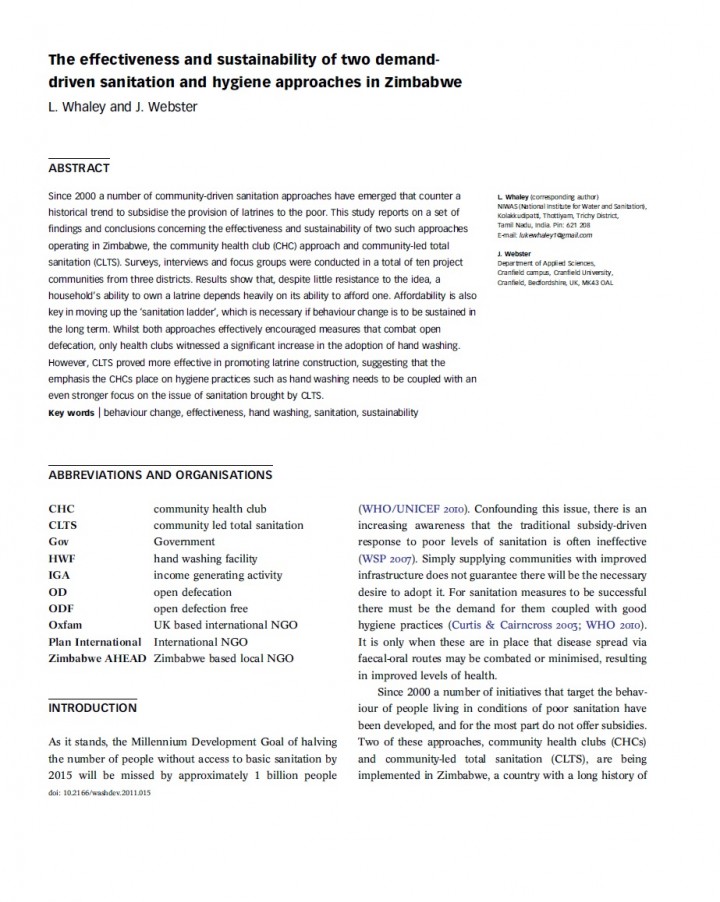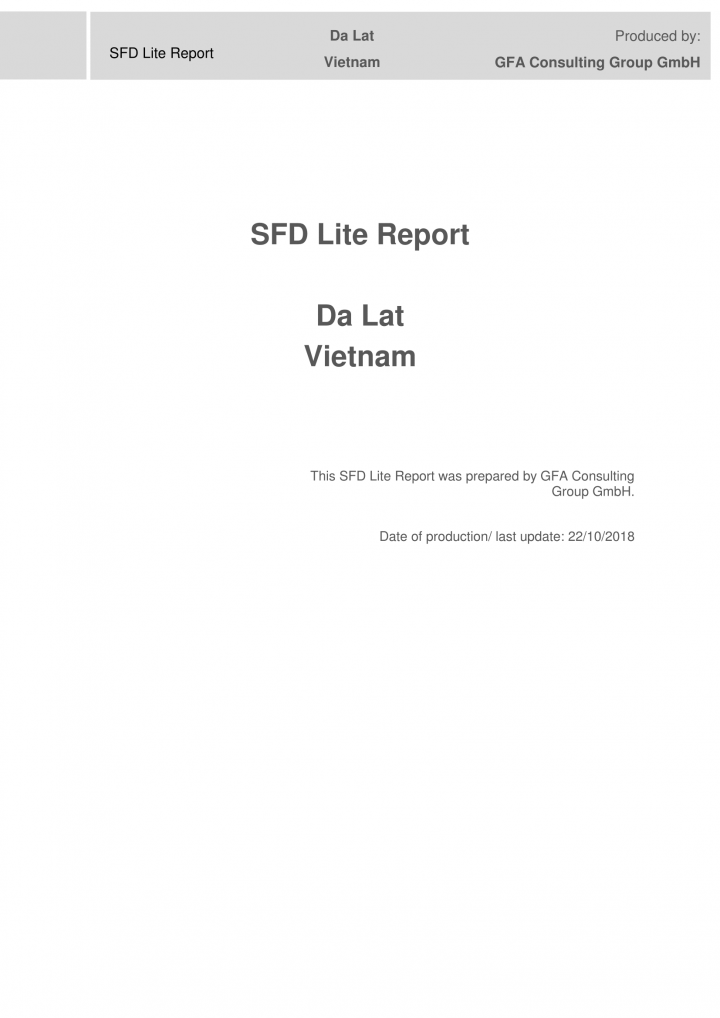Searching for information on Sanitation Workers?
The Sanitation Workers Knowledge + Learning Hub is the best source for all current news, trends, articles and updates on sanitation workers rights around the world.
The underlying purpose of sanitation interventions is to protect public health. Management and investments in improvements on sanitation systems should be made based on adequate understanding of the actual health risks posed by the systems and how these risks might best be controlled.
Sanitation Safety Planning (SSP) is a risk based management tool for sanitation systems. This manual focuses …
Volume 4 of the Guidelines focuses exclusively on the safe use of excreta and greywater in agriculture. Recent trends in sanitation, including ecological sanitation, are driven by rapid urbanization. The momentum created by the Millennium Development Goals is resulting in dramatic changes in human waste handling and processing. New opportunities enable the use of human waste as a resource for …
This volume of the WHO's Guidelines for the safe use of wastewater, excreta and greywater describes the present state of knowledge regarding the impact of excreta and greywater use in agriculture on the health of product consumers, workers and their families and local communities. Health hazards are identified for each group at risk, and appropriate health protection measures to mitigate the …
Volume 3 of the Guidelines informs readers on the assessment of microbial hazards and toxic chemicals and the management of the associated risks when using wastewater and excreta in aquaculture. It explains requirements to promote safe use practices, including minimum procedures and specific healthbased targets. It puts trade-offs between potential risks and nutritional benefits in a wider …
Volume 2 of the Guidelines explains requirements to promote safe use concepts and practices, including health-based targets and minimum procedures. It also covers a substantive revision of approaches to ensuring the microbial safety of wastewater used in agriculture. It distinguishes three vulnerable groups: agricultural workers, members of communities where wastewater-fed agriculture is …
Volume 1 of the Guidelines presents policy issues and regulatory measures distilled from the technical detail found in volumes 2, 3 and 4. Those faced with the need to expedite the development of policies, procedures and regulatory frameworks, at national and local government levels, will find the essential information in this volume. It also includes summaries of the other volumes in the series …
Background: Hygiene promotion interventions are likely to be more effective if they target the determinants of handwashing behaviour. Synthesis of the evidence on the determinants of handwashing behaviour is needed to enable practitioners to use evidence in hygiene promotion programming.
Purpose: To identify, define and categorise the determinants of handwashing behaviour in domestic settings …
Objective: It is unclear how best to go about improving child feeding practices. We studied the effect of a novel behaviour change intervention, Gerakan Rumpi Sehat (the Healthy Gossip Movement), on infant and young child feeding practices in peri-urban Indonesia. Methods: The pilot intervention was designed based on the principles of a new behaviour change theory, Behaviour Centred Design (BCD). …
When a humanitarian crisis occurs the disease risk associated with faecal-oral pathogens substantially increases. Encouraging crisis-affected populations to wash their hands with soap has therefore been a cornerstone of humanitarian response for decades. Recent literature reviews have highlighted that current approaches to hygiene programming are dated and insufficient to realise actual behaviour …
Globally, millions of people lack access to improved water, sanitation and hygiene (WASH). Disabled people, disadvantaged both physically and socially, are likely to be among those facing the greatest inequities in WASH access. This study explores the WASH priorities of disabled people and uses the social model of disability and the World Health Organization’s International Classification of …
The brief is focused on hand hygiene. We have long understood the importance of hand hygiene for the reduction of diarrhoeal diseases, respiratory infections, hospital-acquired infections and during outbreaks like cholera and Ebola. Hand washing with soap or alcohol-based hand rub is an effective COVID-19 prevention measure along with physical distancing and appropriate mask use. Despite the many …
The Sustainable Development Goals set ambitious water, sanitation, and hygiene (WASH) targets. Persistent failure to sustain services has plagued the WASH sector for decades, and there is an ever-growing recognition that for services to be sustainable and operate at scale, the wider WASH 'system' needs to be sufficiently robust to enable, support and sustain such services. This requires a …
Since 2000 a number of community-driven sanitation approaches have emerged that counter a historical trend to subsidise the provision of latrines to the poor. This study reports on a set of findings and conclusions concerning the effectiveness and sustainability of two such approaches operating in Zimbabwe, the community health club (CHC) approach and community-led total sanitation (CLTS). …
Da Lat is located on the Langbiang highland plateau at the northern area of Lam Dong Province. The city consists of 12 wards and 4 communes with a total population of 226,978 people by the end of 2017 (CIPTT, 2018). The maximum population density in the central region is 15,632 people/km2, and only 100 people/km2 in the communes.
Nearly 100% of the population in Da Lat uses onsite sanitation …



